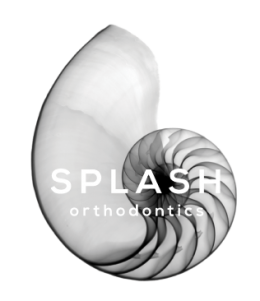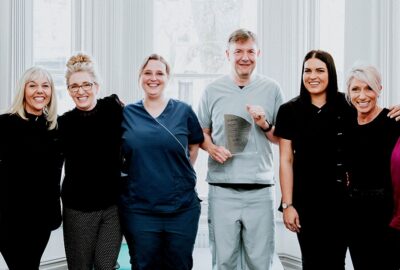Empowering children with orthodontic treatment
As parents, we want our children to feel happy, confident and loved. Unfortunately, crooked teeth can sometimes make children targets for bullying.

Studies have shown that children with noticeable misalignments may be more likely to experience social rejection and bullying from their classmates.
In this blog, we’ll explore the connection between crooked teeth and bullying and offer tips and strategies to help your child feel confident and supported.
As parents, we want our children to feel happy, confident and loved. Unfortunately, crooked teeth can sometimes make children targets for bullying.
Studies have shown that children with noticeable misalignments may be more likely to experience social rejection and bullying from their classmates.
In this blog, we’ll explore the connection between crooked teeth and bullying and offer tips and strategies to help your child feel confident and supported.
We’ll also provide information on the different treatment options available for crooked teeth, and how you can work with your child’s orthodontist to find the best solution for their needs.
Whether your child is facing bullying, struggling with self-esteem or their dental health needs a boost, we hope this blog will provide you with the support you need to help them flourish.
From crooked teeth to confidence
Bullying is a complex issue that can have many causes, including differences in ethnicity, socioeconomic status and appearance. It can be an incredibly painful and difficult experience for children, and sometimes it’s not clear how we can help.
It’s essential to address the issue of bullying and support children who experience it, no matter the cause. Parents and educators can help by teaching children about kindness and empathy, encouraging inclusivity and creating a safe and supportive environment.
You can support your child by listening to them, reassuring them that they are not to blame and teaching them coping strategies like walking away or telling an adult. Sometimes, outside help, such as counselling, can be beneficial. Some forms of bullying are illegal and can be escalated to the police.
Orthodontic treatment can also be an option for children with crooked teeth, which can improve their appearance and confidence and potentially reduce the risk of bullying.

The benefits of orthodontic treatment
Your child’s teeth are an important part of their overall health and wellbeing. Misaligned teeth can make it difficult to eat, speak and smile with confidence. Sometimes, crooked teeth can even cause pain or discomfort.
Orthodontic treatment can treat a wide range of dental problems, including crooked or crowded teeth, gaps between teeth and bite issues. Correcting these issues can help children to feel more confident and comfortable with their appearance, which can lead to improved self-esteem.
The process of wearing braces can also be empowering for some children. They can take an active role in their transformation; learning how to care for their teeth and braces and tracking their progress over time. This can give them a sense of accomplishment and pride when they see their smile improve.
If you’re considering orthodontic treatment for your child, it’s important to talk to them about the benefits and help them understand what to expect. Their commitment and enthusiasm are key to a successful outcome.
Should you be concerned about braces and bullying?
Some parents worry that the process of wearing braces could cause or exacerbate bullying.
There is some evidence to suggest that braces may be a factor in bullying among children, particularly during the first few months of treatment when braces may be more noticeable.
Children who wear braces may be more likely to experience teasing, particularly if they are the only ones in their peer group undergoing orthodontic treatment.
The research on the link between braces and bullying is mixed, and not all children who wear braces will experience bullying. The effects of braces on your child’s appearance will be temporary, and most children only wear braces for a few years.
Meet our specialists for a no-obligation consultation
If you or your child are worried about the appearance of braces and the potential for bullying, we encourage you to visit us for a consultation in Hove where you can discuss your concerns with a specialist orthodontist.
Your dentist can refer you for a free NHS assessment, or you can contact us directly to arrange a private consultation. There’s no waiting list for private care, so we can get started straight away.
We’ve treated thousands of children and can offer advice on how to minimise the appearance of the braces and reduce the risk of teasing. We offer a choice of treatment options, including traditional metal braces, clear fixed braces and clear Invisalign aligners.
Our caring team will make sure your child feels at ease throughout their appointment, and you’ll have ample time to ask us all your questions.

 Hove
Hove 01273 203514
01273 203514


 Read more
Read more

